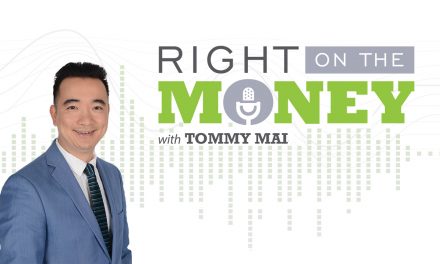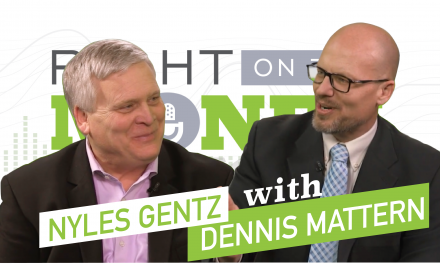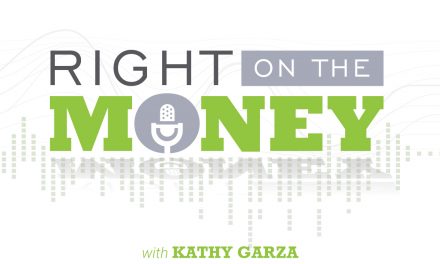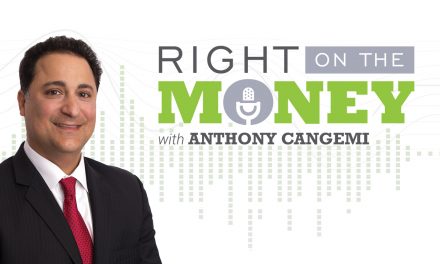Determining Your Suitability for Reverse Mortgage is the Key
Senator Fred Thompson (R) died last year, but the reruns of his TV commercials touting reverse mortgages still run, as do many of the movies he’s starred in. You’ve seen TV and movie star, Henry Winkler, aka “the Fonz” promoting reverse mortgages. Yes … the Fonz is a senior now! Both of these reverse mortgage front men have introduced seniors into tax-free income during retirement using their home equity as collateral.
A reverse mortgage is an alternative use of your home equity for tax-free income. In a traditional mortgage, you make payments to the lending institution. In a reverse mortgage, the institution makes loan payments to you. Loans on an existing mortgage are not classified as income while you maintain the mortgage.
Watch the interview with popular platform speaker, author and leading authority on Home Equity Conversion Mortgage (HECM) programs, Don Graves, as he introduces the reverse mortgage HECM option.
A reverse mortgage can generate tax-free income from collateralized equity loans. And it’s one of the few “income” sources in retirement that will not be included in the provisional income test for Social Security benefit taxation. So it has a multi-dimensional economic value to it. Keep in mind collateralized policy loans from a cash-value life insurance contract can also be borrowed tax-free and avoid the provisional income test as well. Here are a few of requirements to consider in a reverse:
− You must own home free and clear and/or pay-off any existing loan balances with proceed from reverse mortgage.
− The options for the borrower are a loan as lump sum, line of credit or periodic payments. Some programs allow for a combination of payment methods.
− The borrower remains owner of home and must continue payments for property taxes, insurance and repairs.
− Two more things to consider: no repayment required as long as home is borrower’s primary residence1; repayment is due when last borrower sells home, permanently2 moves away or dies.
HECM loan strategies need to be diligently explored with a financial professional who knows the specific loan provisions or is allied with HECM loan specialist.
1 Primary residence is typically defined as where an individual resides at least six months of the year.
2 Permanently moving away generally means not residing in the home for at least 12 months or more at one time.
Nationally syndicated financial columnist and talk show host Steve Savant interviews popular platform speaker, author and nationally recognized HECM authority Don Graves. Steve and Don talk about the power of HECM strategies in retirement. Right on the Money is a financial talk show for consumers distributed to over 280 media outlets, social media networks and financial industrial web portals. (www.rightonthemoneyshow.com)





